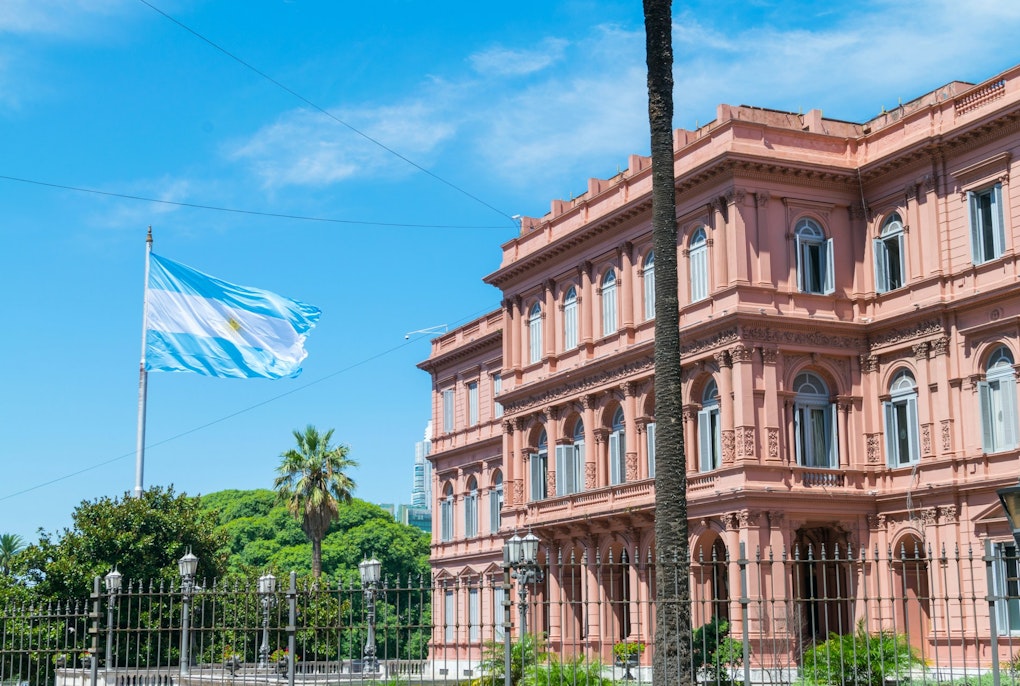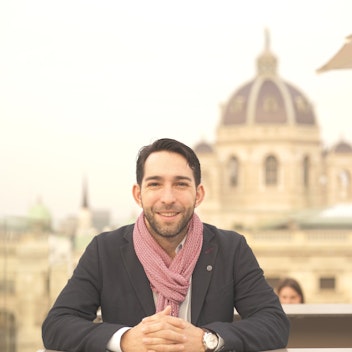
Atheistischer Alltagsaktivismus in Marokko
 Lena Richter
Lena Richter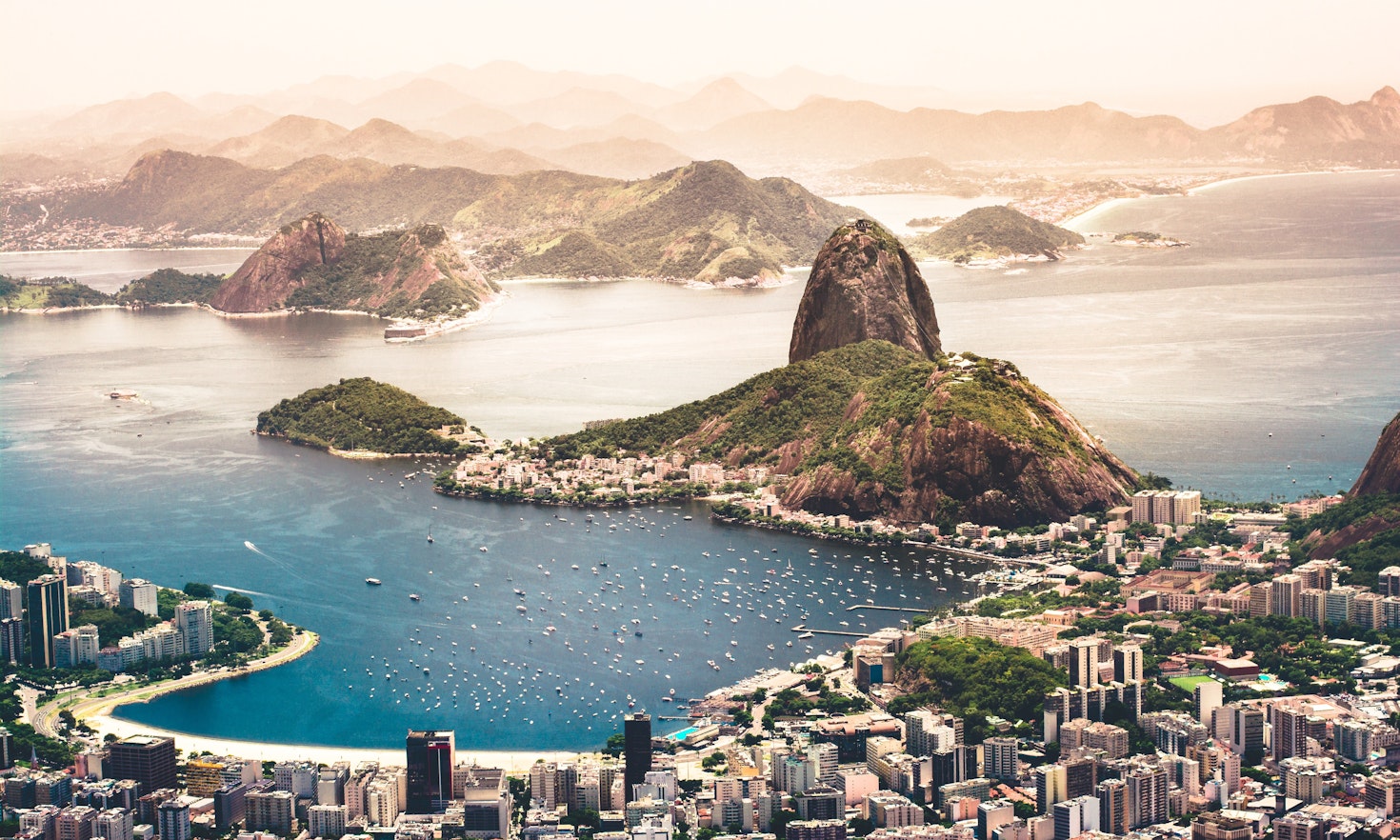
How will Lula’s migration agenda pan out during this third term in office? How will this affect regional integration in South America? And which are the challenges that Lula’s migration and regional agendas will face?
On January 1st 2023, Luis Ignacio Lula da Silva, simply known as ‘Lula’, was inaugurated as president in his third term in office. Previously, he had held the position for two terms from 2003 until 2011. After four years of Jair Bolsonaro’s government, there are high expectations for Lula’s third term.
Bolsonaro, a far-right politician and former military officer known globally for his xenophobic and sexist comments, was responsible for a disastrous response to the COVID-19 pandemic which resulted in hundreds of thousands of deaths, increased authoritarian practices that left Brazil as one of the global democracies that regressed the most in the last five years. Brazil is both a key world and regional player, with one of the largest economies in the world and a leading power on many issues, including migration and asylum. During Lula’s previous presidential terms, Brazil assumed a prominent role in global politics, South American regionalism was boosted, and the social and mobility agendas for regional cooperation were prioritized, creating one of the most liberal regional migration regimes in the world. How will Lula’s migration agenda pan out during this third term in office? How will this affect regional integration in South America? And which are the challenges that Lula’s migration and regional agendas will face?
Foreign Policy and relations with the South American neighbourhood
Jair Bolsonaro’s government was characterized by Brazil’s relatively international isolation, particularly in relation to South America. This was a sharp break with the past as Brazil had been involved in the making, organization, funding and leadership of some of the main regional organizations including the Union of South American Nations (UNASUL, in Portuguese) and the Community of Latin American and Caribbean States (CELAC). Indeed, during his first two terms in office, Lula’s foreign policy had prioritized the construction of South American regional governance mechanisms, in which Brazil played a decisive role as a way of positioning the country as a regional leader.
Bolsonaro’s government broke the Brazilian diplomatic tradition of prioritizing South American regional integration, instead adopting a new rhetoric in international fora that put Brazil more in line with far right and illiberal governments, such as those of Donald Trump, Victor Orban and Benjamin Netanyahu.
After winning the elections in October 2022, Lula and his government team have set the tone of how the new government’s foreign policy will be. The new foreign policy strategy was delineated by a Working Group on Foreign Relations, integrated by diplomats, academics, consultants and representatives of different political parties and civil society, who elaborated a report whose main recommendations are currently being implemented. Brazil’s renewed global and regional strategy can be witnessed by the structure of the national bureaucracy. One of the main shifts is the creation of a Secretariat for Latin America within the Ministry of Foreign Affairs (Itamaraty), which was previously part of the Secretariat for the Americas. Additionally, another two separate Secretariats for Africa and the Middle East were established. To further broaden the scope of Brazilian foreign policy, the new administration created further Secretariats for Environment and Climate, Science and Technology and the ‘International Brazilian Community’ (Brazilians abroad). Lula demonstrated signs of this foreign policy shift early in his mandate in January 2023, on his first international trip to Argentina, the traditional ally in the region and to attend the CELAC Presidential Summit. The presence of a Brazilian president was highly symbolic, especially after three years of absence during the Bolsonaro administration. Lula also visited Uruguay during that trip. To summarize, Lula’s third term foreign policy puts South America at the centre of Brazil’s global strategy reconfiguration.
Migration governance and the South American neighbourhood
During the previous Lula administrations, the Conselho Nacional de Imigração (CNIg) (National Migration Council), a multi-actor agency that enacted legislation aimed at updating the national migration law, which had been inherited from the dictatorship and was restrictive. The CNIg played a key role in liberalizing Brazil’s migration policy and gave voice to a wide range of state and non-state actors. During the Temer government, the configuration of governance actors changed drastically, and the power of ‘securitist’ actors, especially those in the military, increased. This reconfiguration of the balance of power within Brazilian migration governance reached its peak during the Bolsonaro administration, as the Armed Forces were given enormous responsibility in managing and coordinating Operation Welcome, a multiagency operation at the border with Venezuela, aimed at receiving, sheltering and ‘interiorizing’, i.e., transferring the incoming migrants to other Brazilian states. In January 2019, Bolsonaro left the Global Compact for Migration (GCM), breaking the longer-term vision and tradition of multilateralism in Brazilian migration governance.
Then came the elections in October 2022. Similar to other South American countries, migration wasn’t a big topic in the elections, even if immigration to Brazil has been growing steadily in the last years, driven by Venezuelan displacement. Brazil shows that migration doesn’t always need to be a cleavage. There can be liberal policies promoted by illiberal governments and vice versa. Brazil has long-term experience and reputation in the development and implementation of progressive and liberal migration and refugee policies, many of which continued to be implemented during the Bolsonaro administration, mainly thanks to the expertise that was developed within the Brazilian state bureaucracy. This expertise and experience will likely influence the continuity of liberal and progressive migration policies. The main change that will probably be observed during the Lula administration is a higher profile of Brazil in regional fora and the promotion of regional and multilateral solutions to common challenges in the area of migration, in line with Brazil’s foreign policy priorities. To this end, his first foreign policy move was to re-join the GCM.
One of the main challenges that Lula’s migration policy will face is the de-securitization of Brazilian migration governance. More specifically, Lula faces the opportunity and the challenge of changing the power configuration within the Brazilian state. This can be done by effectively implementing Law 13.445 of 2017: the most recent migration Law, which envisaged, in article 120, the establishment of a ‘National Migration, Refuge and Statelessness Policy’ that would articulate relations between the federal, state and municipal levels for the reception and integration of migrants, refugees and internal migrants. Such policy should also include and define the role of other actors in migration governance, including private businesses, international organizations and the civil society. Some authors suggest that, together with the implementation of this policy, a new institution for migration and asylum could be created. Such an institution would be charged with leading asylum and migration policies and could be located within the Ministry of Human Rights. The department/institution would also be responsible for implementing article 120, by coordinating the different layers of government while including and giving voice to a wide range of state and non-state actors. More importantly, an institution such as this would take some responsibilities away from the Federal Police ̶ the current state agency responsible for regularizations and asylum requests.
Challenges of Lula’s third term
This time, Lula’s scope for action is limited and the chances of developing such an ambitious agenda of reforms, economic growth, and social justice are constrained by several factors. The new administration is facing a very different scenario than it did in the 2000s. At the domestic level, the last election was the most polarized in recent Brazilian history. This means that there are much more veto players, adding to ideological polarization and economic instability. Additionally, Lula’s coalition does not control the Congress, and 14 out of 27 Brazilian states are governed by the opposition. At the international level, the scenario is equally challenging. Brazil is a member of the BRICS at a time of war in Ukraine and increasing US-China rivalry, which puts Brazil in a difficult place for finding a middle ground and coordinating positions with the rest of the BRICS partners. Lula will probably build from Brazilian diplomacy’s long-term experience and reputation for conciliating positions and bridging conflicting ideas and forces around the world. This will rather reinforce the pragmatism and the search for cooperation and multilateral solutions of Lula’s third term in office.
Lula's return to Planalto and Brazil's renewed participation in regional organizations paints an optimistic scenario for South American regionalism, even if a challenging one. Brazil will likely seek consensual leadership with its neighbors and stronger economic and political coordination to strengthen regional projects, such as CELAC and UNASUR. This is an opportunity to revisit and deepen South American regional integration beyond trade while addressing topics such as regional identity, education, and culture in a context of increasing human mobility.

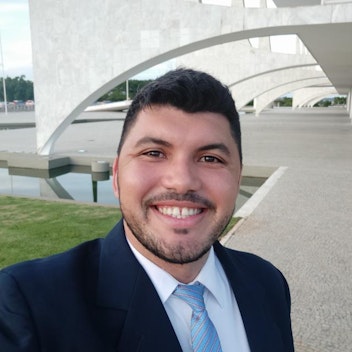
This content is licensed under a Creative Commons Attribution 4.0 International license.

 Lena Richter
Lena Richter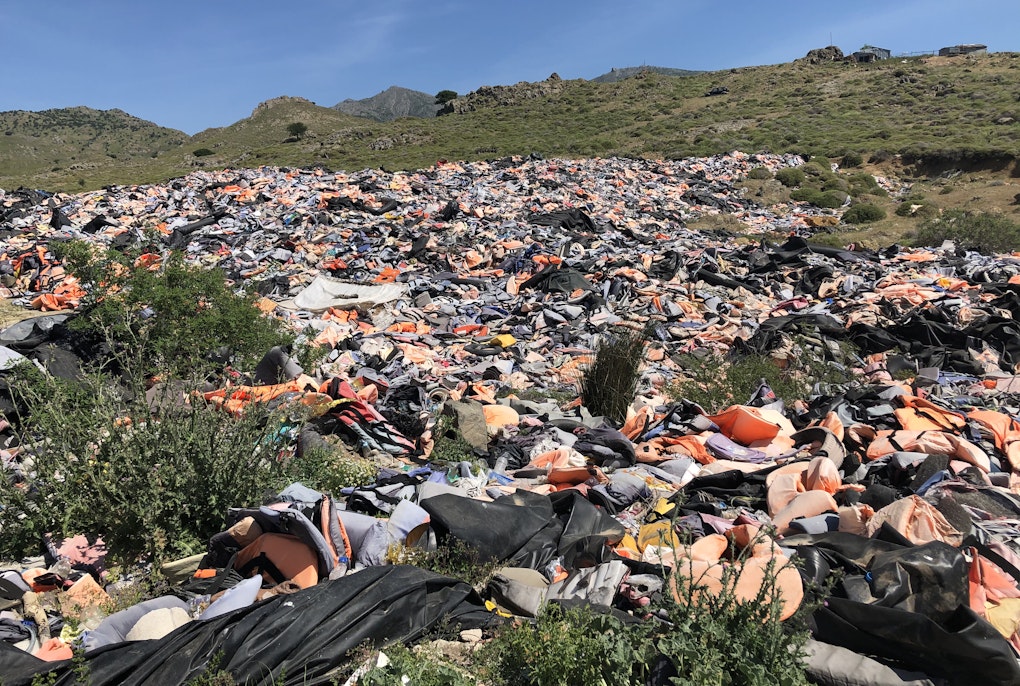
 Eline Waerp
Eline Waerp